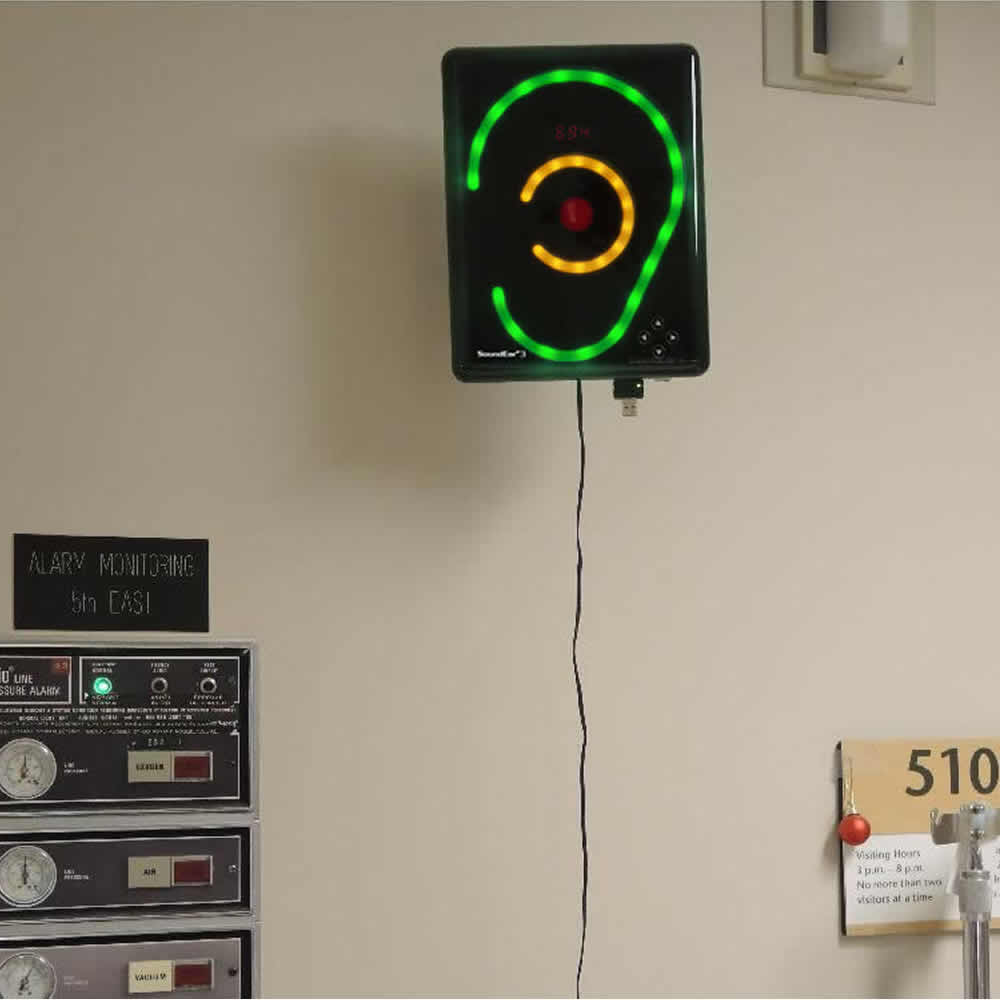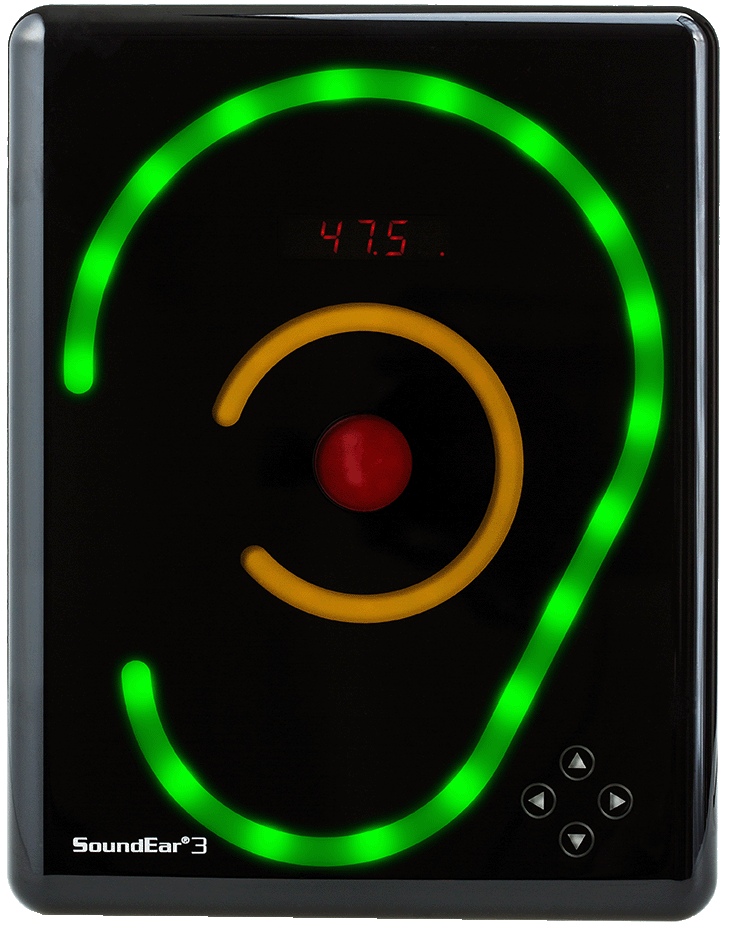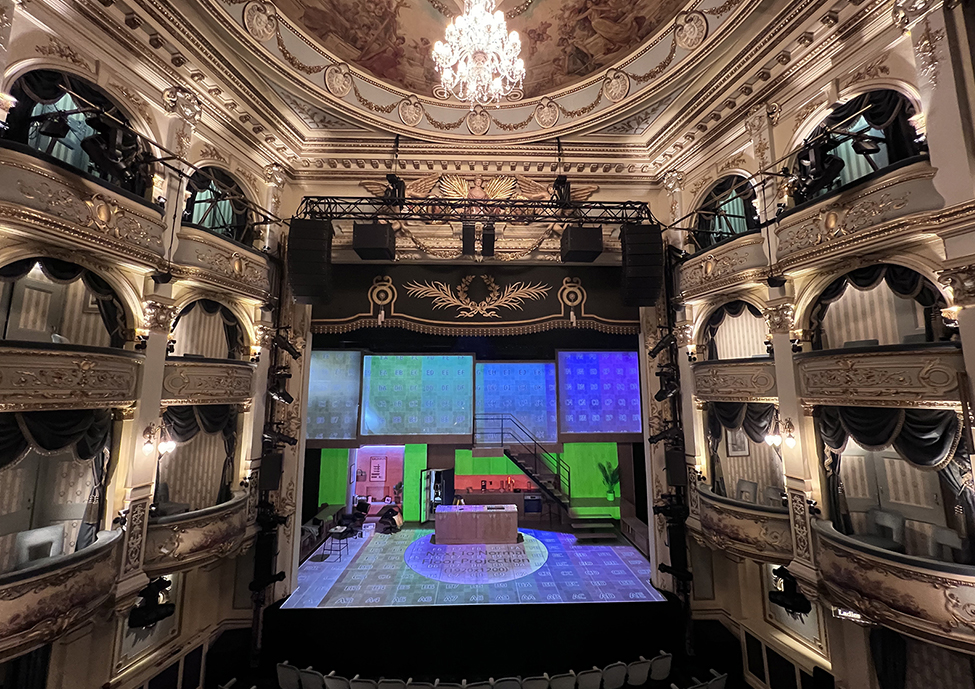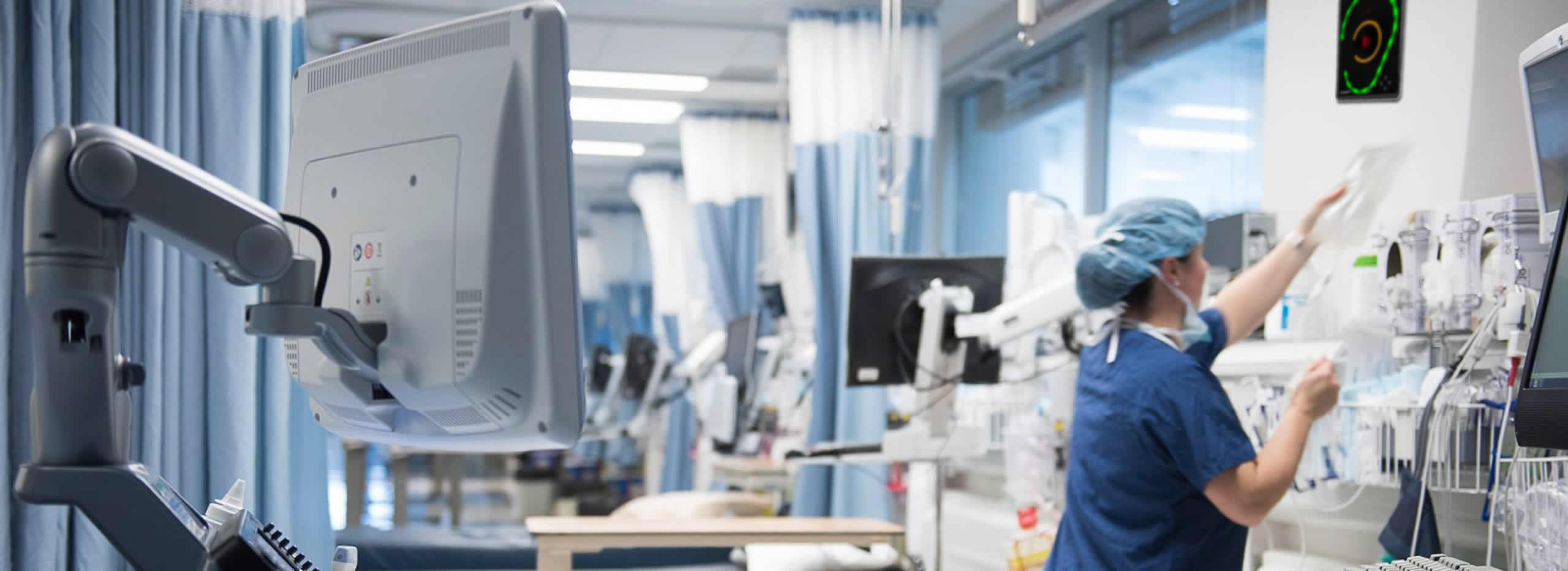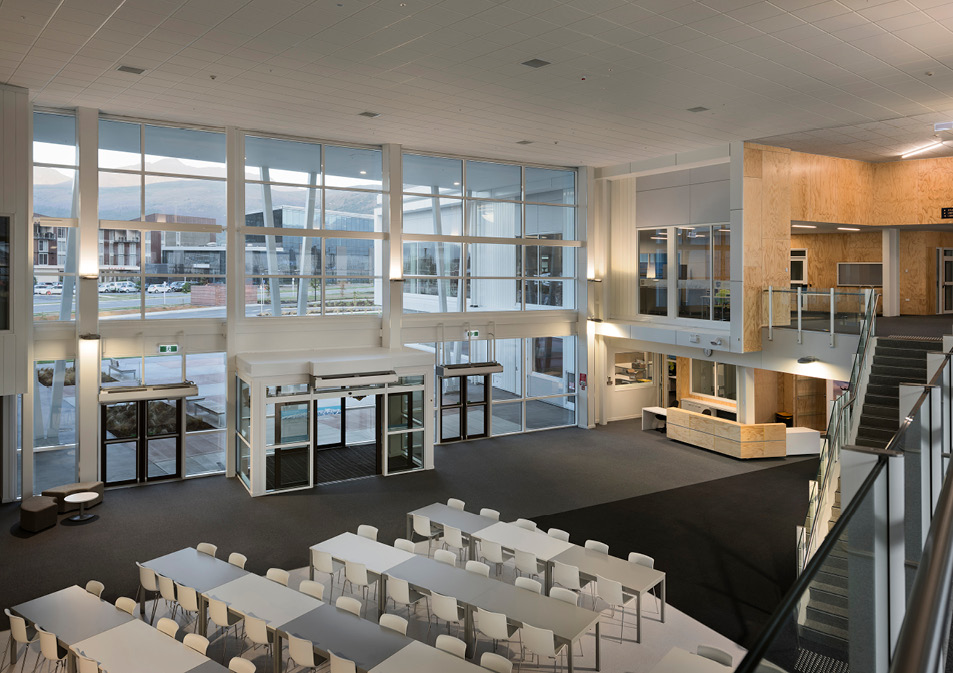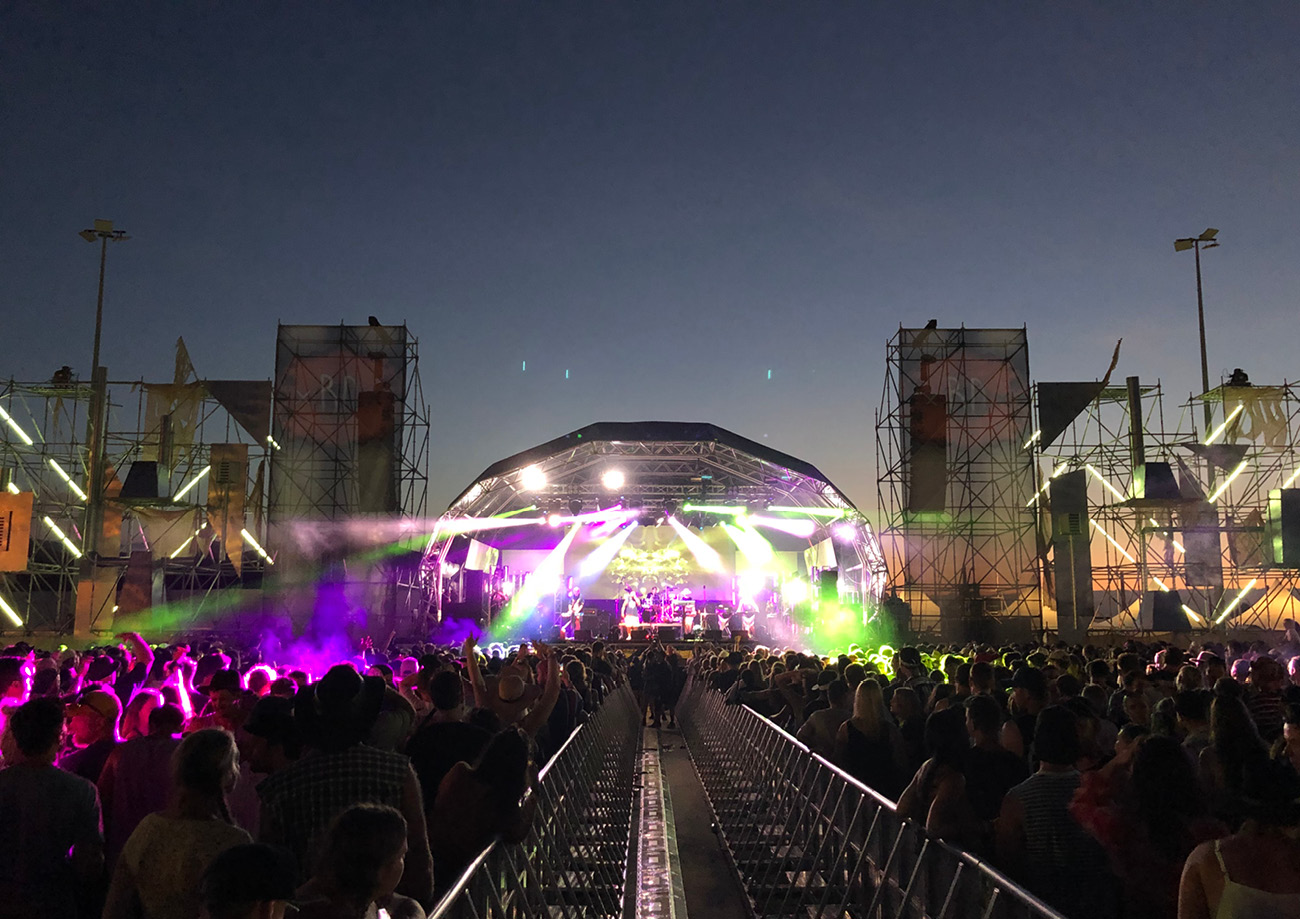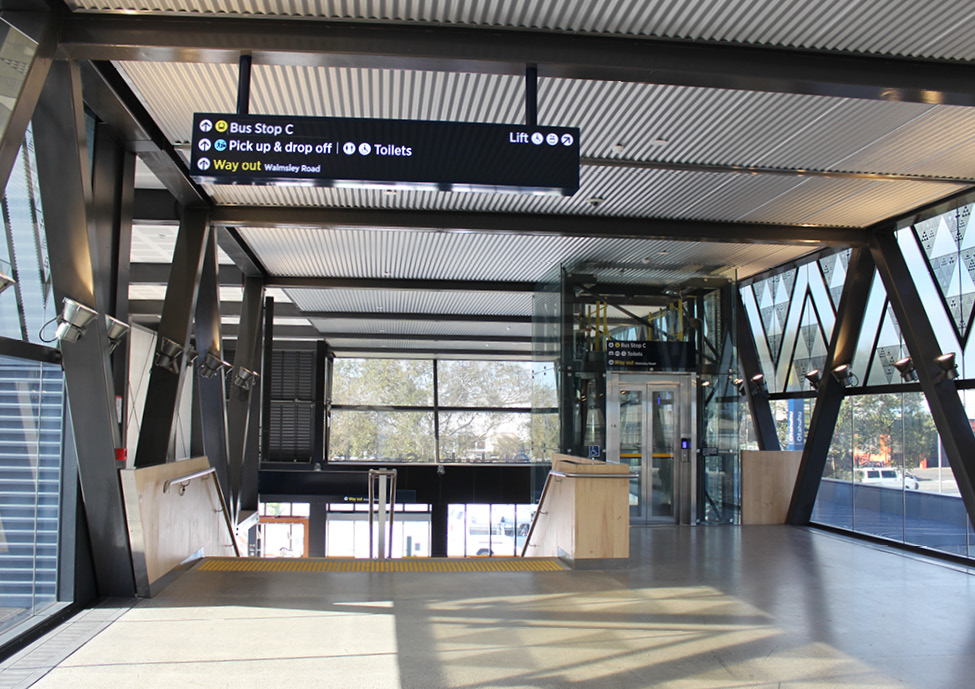Numerous studies have found a direct link between uninterrupted sleep and faster, more complete healing. Interrupted or disturbed sleep affects the immune system and delays recovery from major surgery and from heart attacks. A 2005 study by researchers in Sweden found that patients with heart disease who were hospitalised in noisier rooms had higher blood pressure readings, and also had higher rates of readmission after they were discharged from hospital.
The 2009 study of noise levels in intensive care units found high rates of sleep deprivation among patients. Researchers have even documented increased heart rate and breathing rate and lower oxygen levels among premature babies admitted to the neonatal intensive care unit.
The SoundEar, says Debra Bournes, “raises awareness. For staff working at night, it is like their daytime. You sometimes don’t realise how loud you are speaking or how loud alarms can be.”
“When we decided to do this, we did look at what the research says,” said Bourne, including that people who don’t get enough rest are more anxious and report higher levels of pain more often.
One 2014 study, whose lead researcher is from the Peter Munk Cardiac Centre, at the University Health Network in Toronto, found it is crucial to make sure a patient’s sleep is uninterrupted in the first few days after a heart attack to promote healing.
The lead author, Dr. Michael Sole, said watching patients’ sleep get interrupted was part of the impetus for the research on mice.
He suggested various techniques to make hospitals more sleep friendly, including light-blocking glasses, earplugs, lower volume ring tones and greater attention to noise at night.
